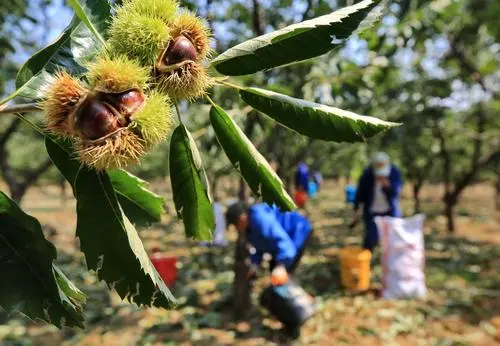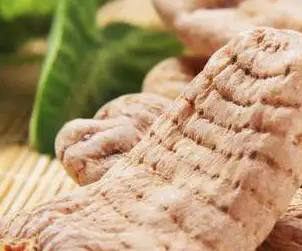英国偷茶叶是真的吗吗(网上买茶叶可靠吗)
- 茶叶
- 2024-08-24 10:02:23
- 69

Is the Story of the British Theft of Tea True?
There is a popular story in Chinese history about how the British stole tea from China. The story goes that during the 18th century, the British East India Company sent spies to steal tea plants from China to grow in India, breaking China's tea monopoly. However, is this story true? Let's delve into the history and find out.
The Background of Tea in China
Tea has been part of Chinese culture for centuries. Historical records indicate that tea was consumed as early as the 3rd century AD. Tea was initially used for medicinal purposes and gradually became a popular beverage. During the Tang Dynasty (618-907 AD), tea-drinking became a cultural phenomenon, cementing tea as an essential part of Chinese society.
China's Tea Monopoly and the Opium War
During the 18th century, China held a monopoly on tea. The British East India Company, which was established in 1600, wanted to gain access to China's tea and silk markets. However, the Chinese were unwilling to trade with the British, as they saw no need for the British goods. This led to a trade imbalance between the two countries, with China exporting more than importing.
To address this imbalance, the British began importing opium illegally into China, which led to widespread addiction and caused havoc in Chinese society. In 1839, the Chinese government banned opium importation and destroyed British opium stocks, leading to the First Opium War (1839-1842).
The British East India Company and Tea Plants
It is true that the British East India Company was interested in growing tea in India, but it is uncertain if they actually stole tea plants from China. Historical records suggest that Robert Fortune, a Scottish botanist and plant hunter, played a significant role in bringing tea plants to India. However, his methods were not entirely ethical, as he disguised himself as a Chinese merchant to gain access to China's tea-growing regions.
There is no evidence that the British government sanctioned the theft of tea plants from China. In fact, the Chinese government took measures to protect their tea monopoly, such as banning the export of tea plants and tea seeds. Furthermore, China continued to hold a significant share of the global tea trade throughout the 19th century, indicating that the British did not break China's tea monopoly.
Conclusion
In conclusion, while the story of the British theft of tea from China is a popular one in Chinese history, the actual events surrounding it are unclear. It is undeniable, however, that the British East India Company's activities in China during the 18th and 19th centuries were controversial and contributed to the deterioration of Sino-British relations. As global trade continues to evolve, it is important to remember the lessons of history and work towards a more equitable, balanced approach to international commerce.
- 70人参与,0条评论






发表评论